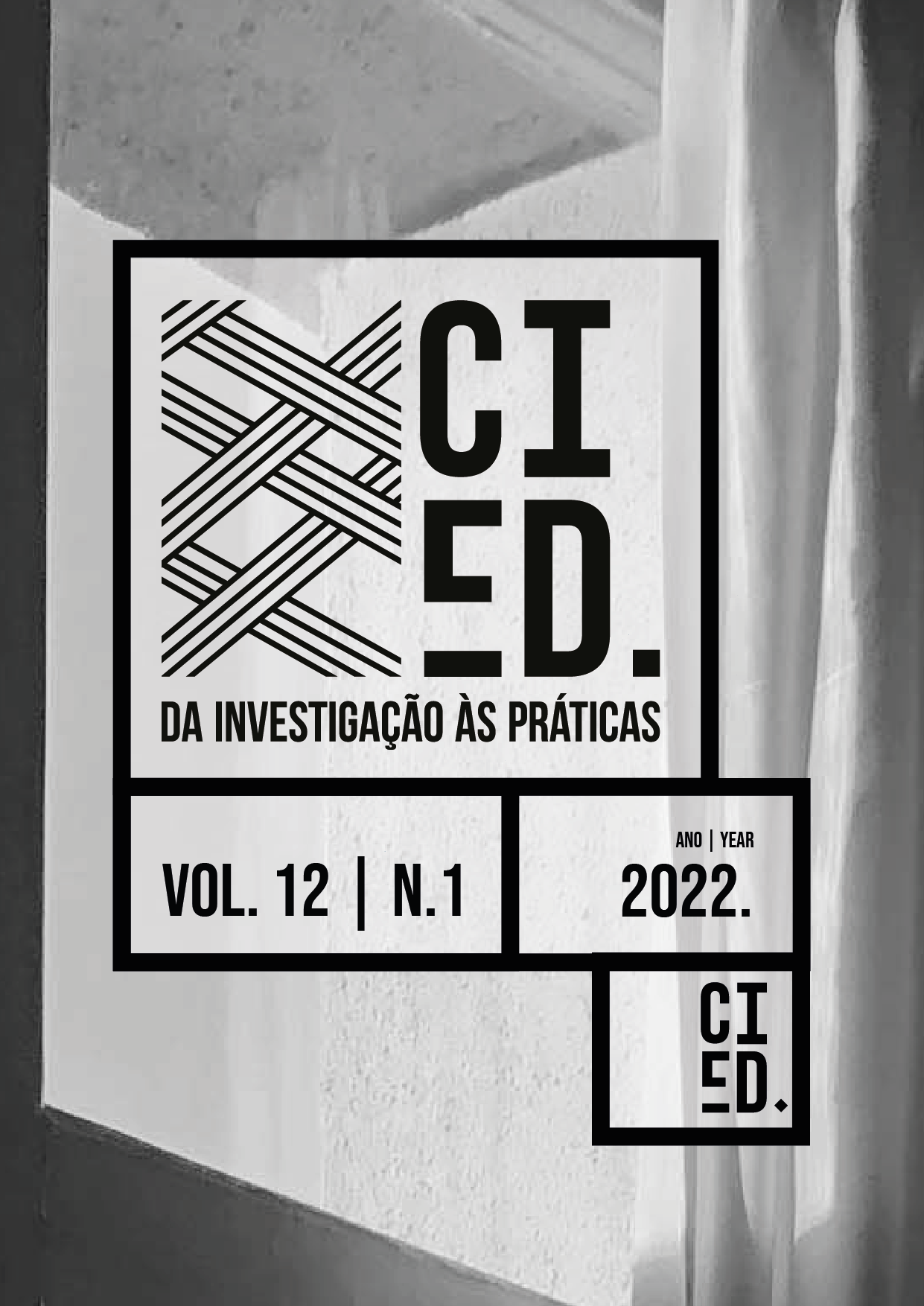Reception of applicants and beneficiaries of international protection
From normative intervention to intervention committed to a participatory democracy
DOI:
https://doi.org/10.25757/invep.v12i1.292Keywords:
Applicants and beneficiaries of international protection, Reception, Ssocial work, Participation, Human rightsAbstract
The so-called refugee crisis has seen very significant growth in Europe since 2015, largely the result of an endless war in sight in Syria and already in 2021 due to the political and social crisis that has eated in Afghanistan. When arriving in a new country, applicants and beneficiaries of international protection have the legitimacy to expect them to be allowed access to a safe place to stay, ways to ensure their fundamental needs and rights, and freedom to participate fully in anything that involves them. The issue of welcoming these people reflects the challenge of the responsibility of states and their institutions, and requires treating the other as a full citizen, with the same access to the resources of the country and the community where it settles, but without having to annul its identity. With this article we intend to reflect on the paths of these people who, in addition to the difficulties in getting the documentation that allows the legal stay and enjoyment of rights in the new country, are confronted with the gap between what the reception policies define, and what is done locally. To this extent, it is intended to understand the reasons that lead to this, and to reflect on the need for these people to play an active role in the whole process of reception, so that they can gain autonomy, find their place in the community, if they wish, without being held hostage by humanitarian aid.
Downloads
References
Agier, M. (2006). Refugiados diante da nova ordem social. Tempo Social, 18(2), 197-215, Universidade de Coimbra. doi:http://dx.doi.org/10.14195/978-989-26-0879-2
International Organization for Migration. (2020). World Migration Report 2020. Switzerland: International Organization for Migration.
ACNUR. (2011). Manual de procedimentos e critérios para a determinação da condição de refugiado. Dinamarca: ACNUR.
Arendt, H. (2001). A condição humana (4 ed.). Lisboa: Relógio de Água.
Arendt, H. (2018). As origens do totalitarismo (8 ed.). Alfragide: Dom Quixote.
Bradley, M. (2019). Resolving refugee situations: Seeking solutions worthy of the name. Centre for International Governance Innovations, 1-14.
Garcia, M. (2004). Animação Sociocultural, conflito social e marginalização. Em J. Trilla (coord), Animação Sociocultural. Teorias, Programas e Âmbitos (pp. 265-277). Lisboa: Instituto Piaget.
Jones, W. (2019). Refugee voices. Centre for Internacional Governance Innovation, 1-14.
Lopes, M. (2008). Animação Sociocultural em Portugal (2 ed.). Amarante: Intervenção - Associação para a Promoção e Divulgação Cultural.
Matos, M. (2009). Da intervenção comunitária à mediação comunitária. Educação, Sociedade e Culturas(29), 175-189.
Padilla, B. (2017). Saúde e migrações: metodologias participativas como ferramentas de promoção da cidadania. Interface (Botucatu), 21 (61), 273-284. doi:10.1590/1807-57622016.0624
Payne, M. (2002). A construção social da teoria do trabalho social. Em M. Payne, Teoria do trabalho social moderna (pp. 15-45). Coimbra: Quarteto.
Pina, T. (2018). Direitos Humanos: O que está por fazer no século XXI. Lisboa: Circulo de Leitores.
Pussetti, C. (2017). O silêncio dos inocentes. Os paradoxos do assistencialismo e os mártires do Mediterrâneo. Interface (Botucatu), 21 (61), 263-272. doi:10.1590/1807-57622016.0625
Santinho, M. C. (2013). Afinal, que asilo é este que não nos protege? Etnográfica, 17(1), 5-29. doi:10.4000/etnografica.2522
Sousa, L., Costa, P., Albuquerque, R., Magano, O., & Bäckström, B. (2019). Refugiados Recolocados em Portugal: Práticas de Acolhimento. Lisboa: Universidade Aberta.
UNHCR. (2020). Global Trends: Forced Displacement in 2019. Denmark: United Nations High Comissioner for Refugees.
Wachelke, J., & Camargo, B. (2007). Representações sociais, representações individuais e comportamento. Revista Interamericana de Psicologia, 41(3), 379-390.
Downloads
Published
How to Cite
Issue
Section
License
Copyright (c) 2022 Joana Vaz Ferreira

This work is licensed under a Creative Commons Attribution 4.0 International License.
Articles published or submitted to Da Investigação às Práticas are licensed according to Creative Commons Attribution License (CC BY 4.0). Authors agree that:
Copyrights of all articles published are retained by authors with first publication copyright granted to the journal.
All articles are under the Creative Commons Attribution License recognizing the authorship of the publication and identifying that first publication took place in this journal.
Authors have the right to free distribute or make available in private or institutional pages the version published by Da Investigação às Práticas: Estudos de Natureza Educacional provided the original proper citation.
The journal only accepts articles not published previously (except in the form of an abstract or as part of academic thesis), that it is not under consideration for publication elsewhere. After published, the article cannot be published again partial or totally without the editorial board consent.





 e-ISSN: 2182-1372
e-ISSN: 2182-1372